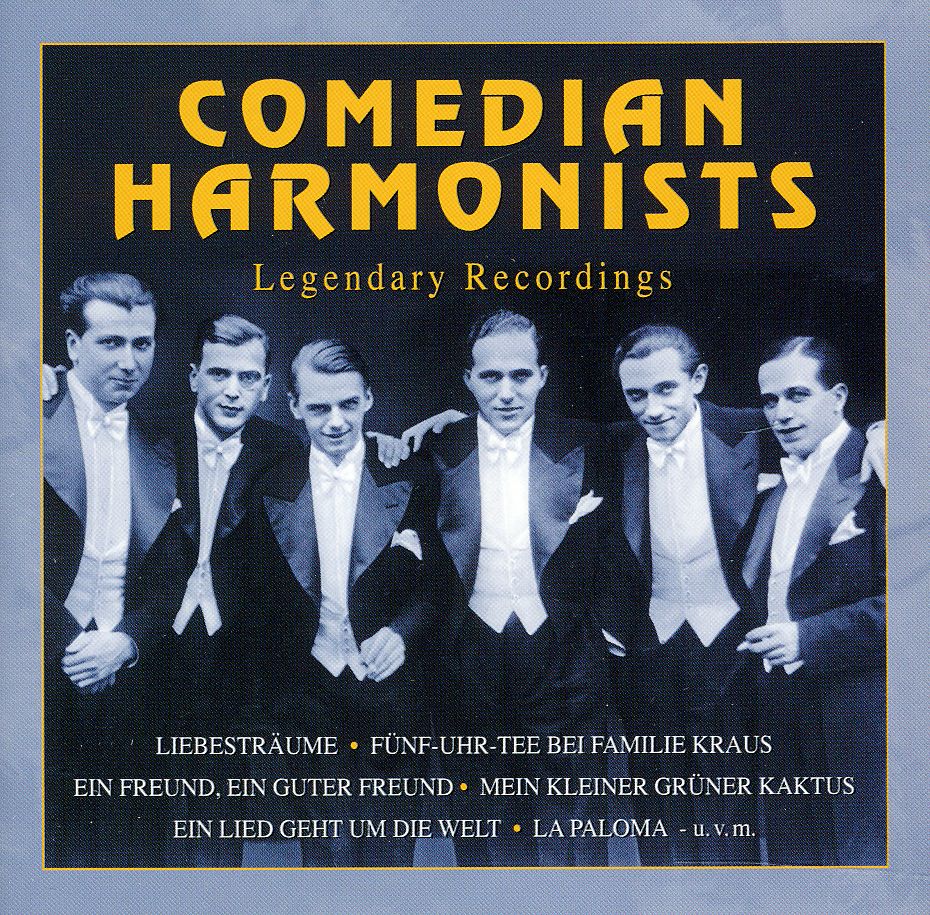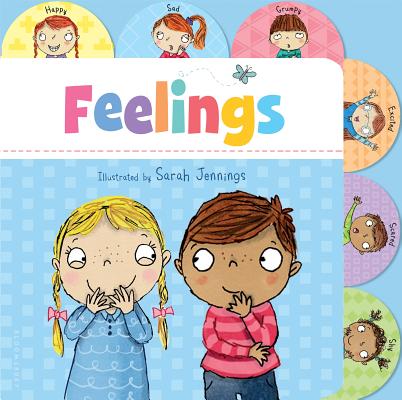
Birnbaum, Pierre
product information
description
ntury, the United States has seemed to be a safe haven. There has been antisemitic prejudice, but nothing on the scale of the discrimination, persecution, pogroms, and genocide witnessed in Europe. White American ethnic violence has assailed many targets, but Jews have rarely been among them. Observing what he took to be an American exception, the influential historian Salo Baron challenged the "lachrymose conception" of Jewish history as an unending flow of oppressions, and many have followed him in seeing American Jews as sheltered from violence. But in recent years a spate of antisemitic attacks has cast doubt on this rosy view. The eminent French scholar Pierre Birnbaum offers a timely reconsideration of the tear-stained pages of Jewish history and the persistence of antisemitism. He explores the promise of American tolerance as well as the darkest moments of American intolerance, such as the 1913 lynching of Leo Frank. Birnbaum engages deeply with Baron's views about Jewish history and tracks the echoes of European antisemitic violence in American culture. He argues that a new and insidious form of antisemitic ideology has arisen, one that sees the state as an instrument of Jewish control--and threatens further bloodshed. Thoughtful and eloquent, Tears of History is an important reflection on the roots of antisemitic violence and hatred.
member goods
No member items were found under this heading.
listens & views

B.O. COMEDIAN HARMONSITS / VARIOUS
by B.O. COMEDIAN HARMONSITS / VARIOUS
COMPACT DISCout of stock
$11.49

SONGS OF SHAIKE PAIKOV MOST ...
by SONGS OF SHAIKE PAIKOV MOST BELOVED / VARIOUS
COMPACT DISCout of stock
$16.49
Return Policy
All sales are final
Shipping
No special shipping considerations available.
Shipping fees determined at checkout.





